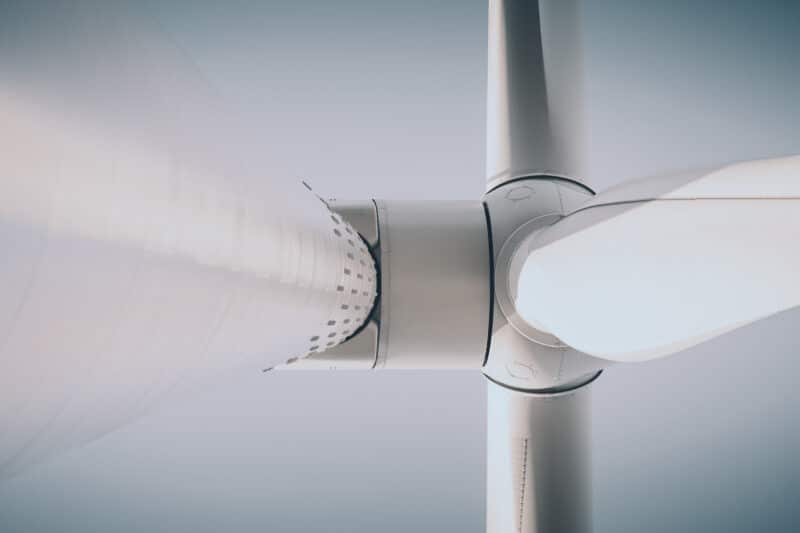Renewable energy sources are not an end in themselves, but a stage in the decarbonization process of the whole economy. In the transition period, green fuels may be more expensive than conventional ones, just as it was once with renewable energy sources. However, in the long run, their prices will become competitive.
Customers will be willing to pay a bit more for green fuels, as they will determine the future competitiveness of Polish companies on the global market – these are the main conclusions from the market analysis of experts from European Energy during Energy Days, which took place at the International Congress Center in Katowice on October 2-3.
In the inaugural session, Olga Sypuła, Country Manager European Energy Poland emphasized that it is not gas, but green, distributed sources that are the best answer to securing stable energy supplies during the transition period of the energy transformation in Poland.
“Distributed sources guarantee us energy security. Having the events of several months ago in mind, it is hard to understand the large amount of gas in our mix as it may be costly for us again,” says Olga Sypuła, Country Manager European Energy Poland.
According to the expert, the degree of implementation of the offshore wind energy program in Poland is also unsatisfactory.
“We are “nowhere” or only at the beginning when it comes to offshore. I don’t see any possibility of implementing further phases of Polish offshore in the current environment,” adds Olga Sypuła.
Attention was also paid to the role of energy storage in Poland’s power system. Today, they are treated by network operators as a source of energy, not a stabilizing and relieving element of the network.
“Currently, we are waiting even two years for a decision that is negative anyway. In “cable pooling” storage must appear. We want to add them in a “cable” formula to not apply for another decision. The system of applying for connection conditions and treating storage as a generation source is unacceptable. We get hundreds of refusals for large-scale storages, which are an idea to support the network,” explains the European Energy Poland expert.
If we do not decarbonize the Polish economy, it will lose its competitiveness in a few years – this is another conclusion that emerges from the discussions during Energy Days in Katowice. Experts warn that Polish companies will soon have problems with exporting their products. This is due to the slow pace of transformation and decarbonization and the resulting uncompetitive energy prices. According to the participants of the discussion, particular emphasis should be placed on the decarbonization of those areas of the economy that are difficult to electrify – different branches of industry or transport. An opportunity may be the implementation into the Polish economy of Power to X installations producing green hydrogen and methanol, which are just being launched in Denmark.
“We see that the Polish market is very promising, as we are a large producer of grey hydrogen and we import significant amounts of methanol. We want to produce fully renewable green methanol, which gives us an advantage in the form of avoiding charges resulting from the ETS system. In addition to increasing the competitiveness of Polish goods and services, green hydrogen and e-methanol will make the energy system more secure, flexible and reduce energy losses, ensuring stable energy supplies for Poles,” predicts Robert Adamczewski, Head of Development at European Energy Poland.
Source: https://managerplus.pl/nie-gazowe-a-odnawialne-zrodla-beda-decydowaly-o-bezpieczenstwie-polakow-55350
